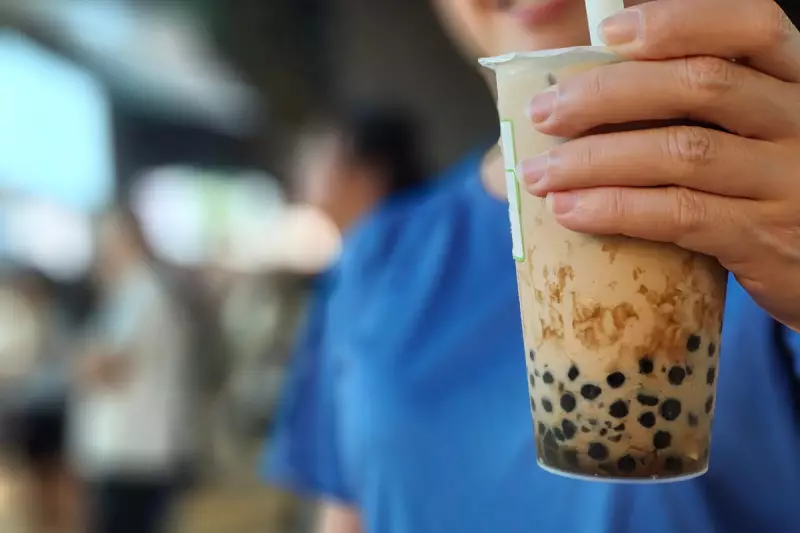
That colourful, Instagram-worthy bubble tea you've been enjoying might be hiding some unpleasant surprises. Medical professionals are raising concerns about the potential health risks lurking in those cheerful cups.
The Tapioca Trouble
At the heart of the concern are tapioca pearls - those chewy, sweet balls that make bubble tea so distinctive. Doctors report seeing increasing cases of digestive issues linked to these pearls, particularly when consumed in large quantities.
"The pearls are essentially pure starch," explains Dr. Sarah Thompson, a gastroenterologist. "They can form a sticky mass in the digestive system, potentially leading to blockages, especially in younger consumers or those with existing digestive conditions."
More Than Just a Sugar Rush
While the high sugar content in bubble tea has long been criticised, the physical properties of tapioca pearls present additional concerns:
- Choking hazard: The slippery texture and size of pearls can be dangerous, particularly for children
- Digestive blockages: Multiple cases have been reported where excessive consumption led to abdominal pain and constipation
- Allergy concerns: Tapioca comes from cassava root, which can trigger reactions in sensitive individuals
What Consumers Need to Know
Nutritionists aren't suggesting you need to abandon your bubble tea habit completely, but they do recommend moderation and awareness.
"Enjoy bubble tea as an occasional treat rather than a daily habit," advises registered nutritionist Mark Williams. "And always chew the pearls thoroughly - don't just swallow them whole."
The popularity of bubble tea has exploded across UK high streets in recent years, with shops appearing in nearly every major city. As with any food trend, experts suggest being mindful of both the nutritional content and physical properties of what we're consuming.





